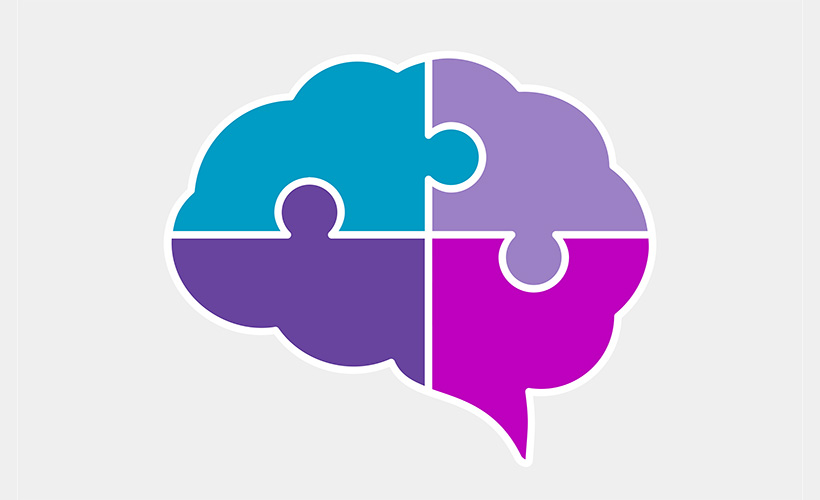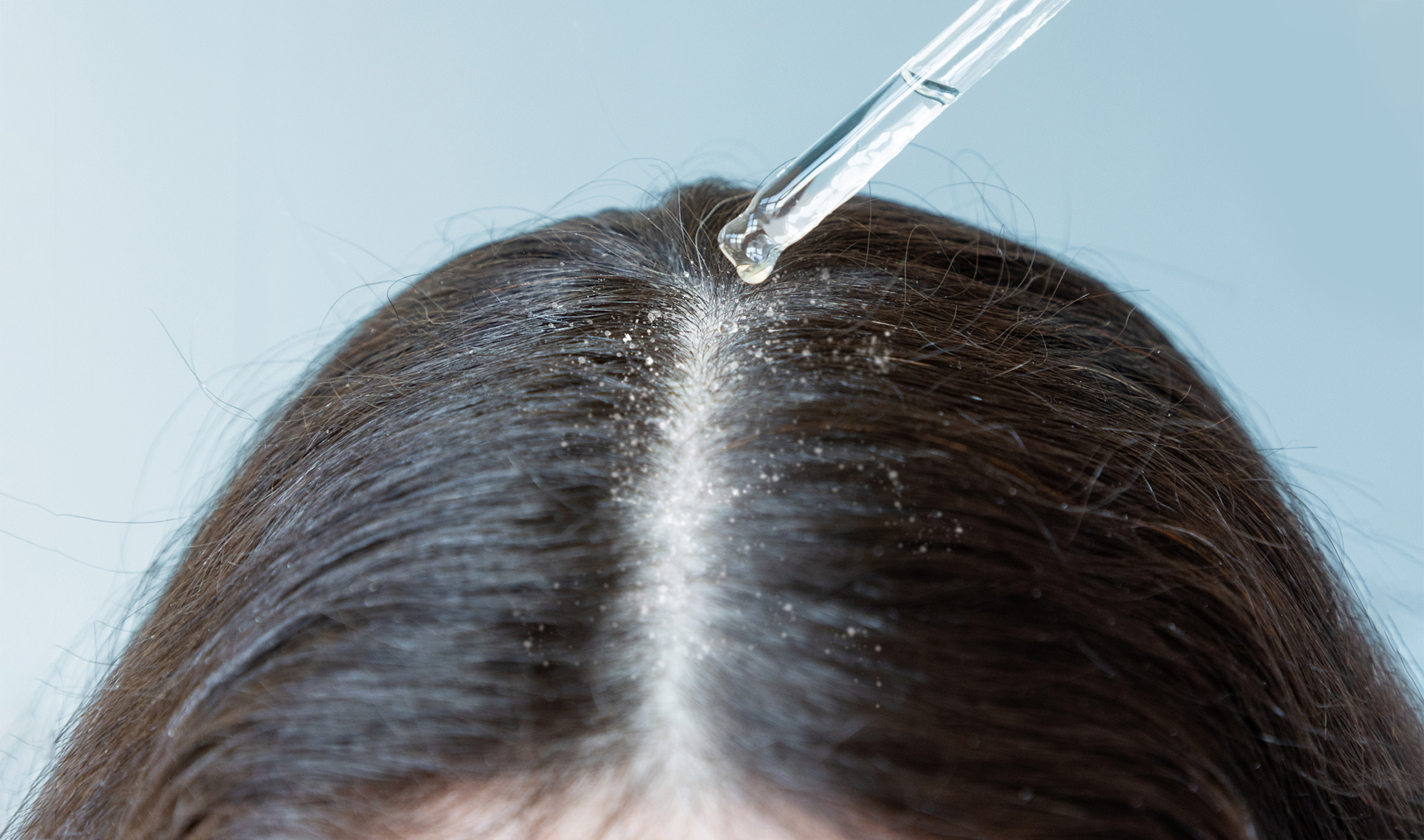Autism affects 1 in every 100 New Zealanders, however, this may be a conservative estimate. Internationally, the rate of autism appears to be rising. This is due to a combination of improved identification and broader definitions of autism but it seems genetic and environmental factors may play a part. There is no cure, but early treatment has been shown to have a major impact on a person’s long-term success. World Autism Day is on 2 April 2023 and is a day celebrated worldwide to raise awareness and knowledge about autistic individuals and the hurdles that they face every day.
Autism or ASD (Autism Spectrum Disorder) is a neurodevelopmental condition affecting cognitive, social and sensory functions. It has nothing to do with intelligence and it is a disorder that occurs in many different races and ethnicities around the globe. Having autism changes the way people see and interact with the world compared to the majority of the population (“neurotypical” people). The term ASD is used for a wide variety of diagnoses (including Asperger’s Syndrome) whose commonalities are challenges with speech, non-verbal communication, social skills and repetitive behaviour.
There is a saying that “if you have met one autistic person, you have met one autistic person”. Autism is a spectrum disorder with people having a wide variety of strengths and challenges. People differ in the level of support they need to function in their daily lives – some may need little to no support, while others require a great deal (such as occupational therapy, social skills training and speech therapy). ASD is considered an invisible disability as it is not always obvious what challenges and difficulties a person faces.
Traits and characteristics
The way people with ASD think, learn, behave and problem-solve can be very different to neurotypical people, from highly skilled to severely challenged. The traits and characteristics can vary widely from person to person and present differently in adults and children, however there are some characteristics that people on the autism spectrum often share:
- difficulty with social skills
- difficulty with executive function
- sensory sensitivities.
Executive function is the term for cognitive skills that are needed for self-control, managing behaviour, controlling emotions, attaining goals, following directions and focusing on a task.
People on the autism spectrum can:
- have difficulty making small talk or balanced conversation
- be sensitive to sounds, smells, textures, light
- have difficulty interpreting or using non-verbal communication
- find it hard to make and maintain friendships
- show repetitive motor movements called ‘stimming’ e.g. hand flapping, pacing or spinning
- find it very hard to change their routine e.g they may have the same daily rituals, dress the same each day or only eat certain foods
- have very intense, narrow interests
- have enhanced abilities or talents in specific areas e.g superior visual memory, attention to detail, or enhanced pattern recognition.
Complications
Without a diagnosis, it is much more likely for people on the autism spectrum to suffer from mental and physical health issues. It is common for ASD to cause stress within families. Individuals may experience learning difficulties, employment problems, bullying, or become socially isolated. Some people are unable to live independently. Other challenges for people on the autism spectrum are sleep disorders, seizures, and mental health challenges such as anxiety and depression. Accessing support from an early age is fundamental to enhancing quality of life for people living with autism and their families.
Causes
There is no single known cause of ASD – probably there are many. It is influenced by a combination of genetic and environmental factors. Several genes appear to be involved that may contribute, and pre-, peri- and post-natal factors are also involved. Research is going on to look at whether viral infections, medicines, pregnancy complications and environmental toxins any have any influence on the development of ASD. There may also be a connection with children born to older parents, but more research needs to be done in this area.
Support
An autism diagnosis can allow people to better understand and support those affected, and for people on the autism spectrum to experience a better quality of life, with less educational and social isolation. If you have concerns about your child’s development or your own life difficulties or health issues, there are many organisations in New Zealand that can provide advice, support and information about ASD and the path to diagnosis. Autism New Zealand Outreach Service has 16 branches nationwide offering a range of support services. They can help link you with the support services in your own region (see autismnz.org.nz).














Community